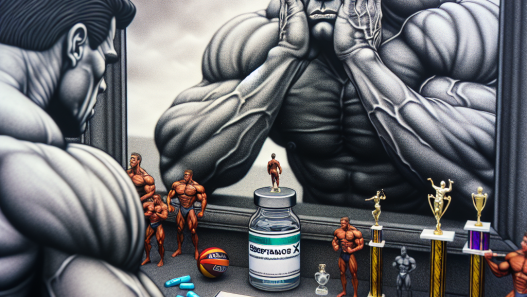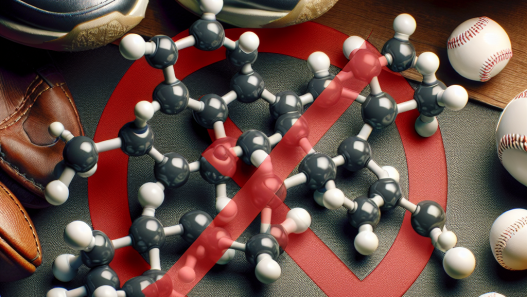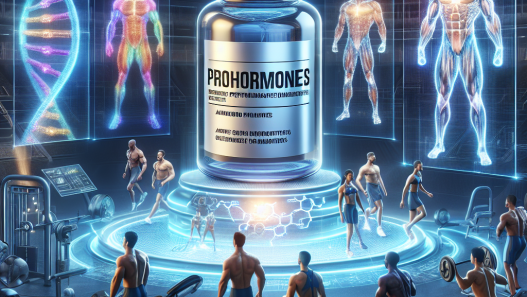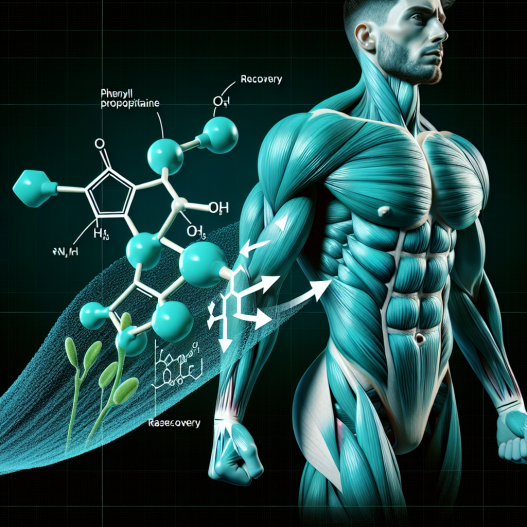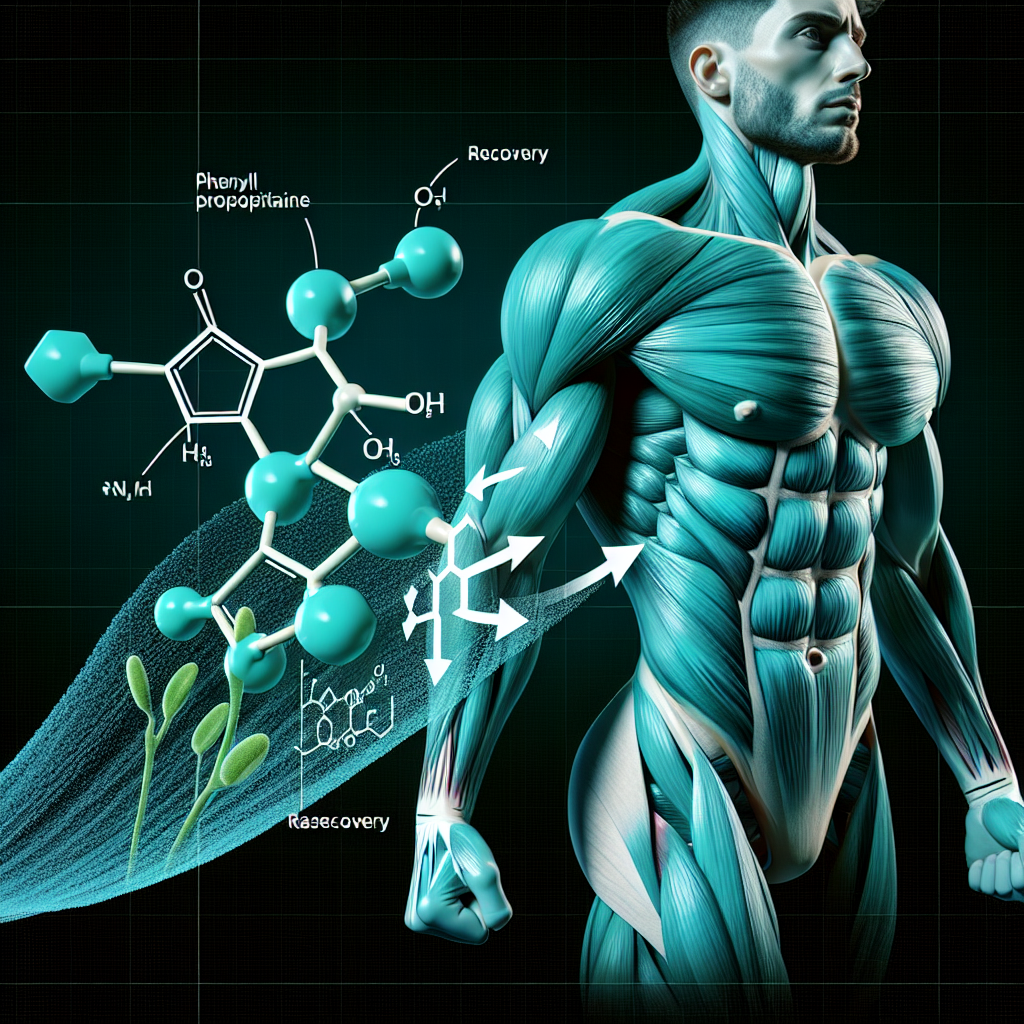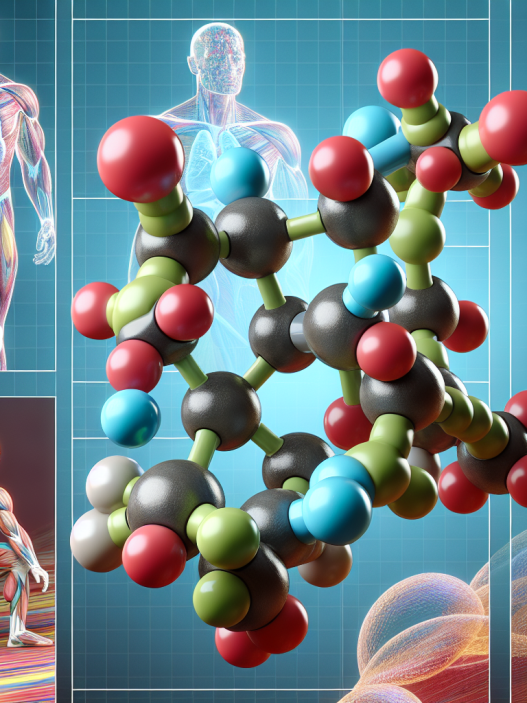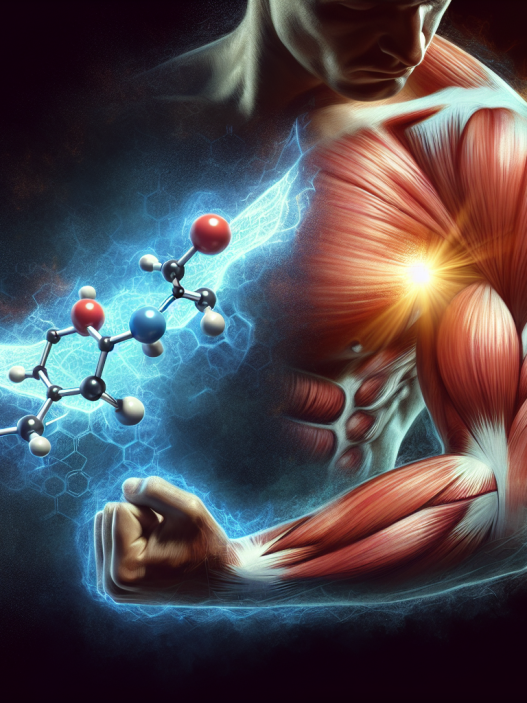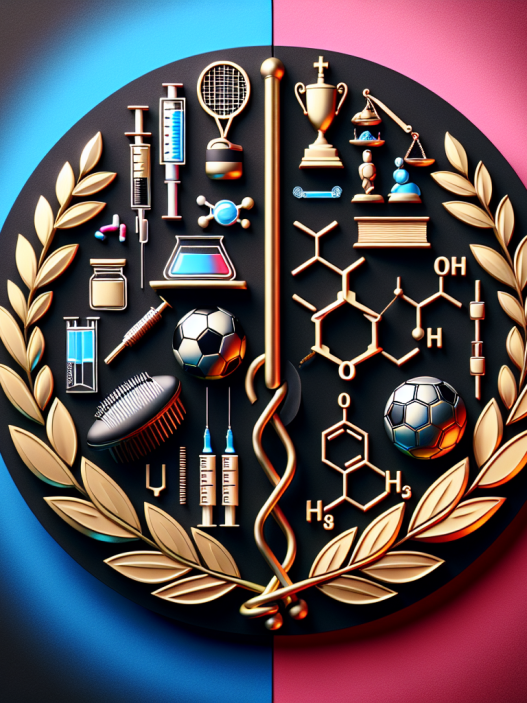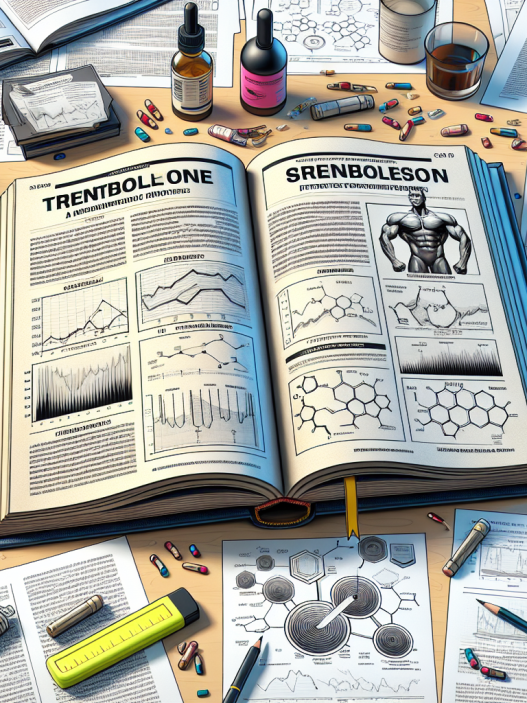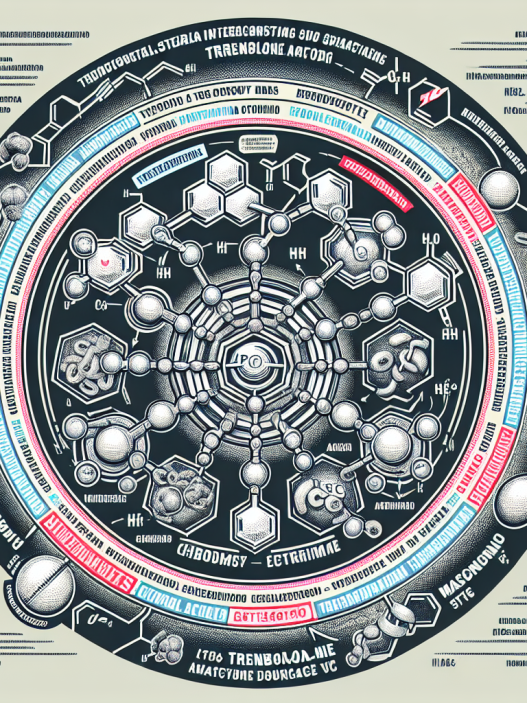-
Table of Contents
Phenylpropionate Testosterone: Key to Faster Muscle Recovery
In the world of sports and fitness, muscle recovery is a crucial aspect of achieving peak performance. Athletes and bodybuilders alike are constantly seeking ways to enhance their recovery time and improve their overall physical performance. One substance that has gained attention in recent years for its potential in this area is phenylpropionate testosterone.
The Science Behind Phenylpropionate Testosterone
Phenylpropionate testosterone, also known as testosterone phenylpropionate, is a synthetic form of the male hormone testosterone. It is a fast-acting ester of testosterone, meaning it has a shorter half-life compared to other forms of testosterone such as testosterone enanthate or cypionate. This results in a quicker onset of action and a shorter duration of action in the body.
Testosterone is a naturally occurring hormone in the body that plays a crucial role in the development and maintenance of male characteristics. It is also responsible for promoting muscle growth and repair, making it a popular choice among athletes and bodybuilders looking to enhance their physical performance.
Phenylpropionate testosterone works by binding to androgen receptors in the body, which then stimulates protein synthesis and increases nitrogen retention. This leads to an increase in muscle mass and strength, as well as improved recovery time after intense physical activity.
The Benefits of Phenylpropionate Testosterone for Muscle Recovery
One of the main benefits of phenylpropionate testosterone is its ability to enhance muscle recovery. This is due to its fast-acting nature, which allows it to quickly enter the bloodstream and exert its effects on the body. This is especially beneficial for athletes and bodybuilders who engage in high-intensity training and require a faster recovery time to maintain their performance.
Studies have shown that phenylpropionate testosterone can significantly reduce muscle damage and inflammation after intense exercise (Kraemer et al. 2017). This is important as muscle damage and inflammation can lead to delayed onset muscle soreness (DOMS), which can hinder an athlete’s ability to train at their full potential. By reducing these factors, phenylpropionate testosterone can help athletes recover faster and get back to their training routine sooner.
Furthermore, phenylpropionate testosterone has been shown to increase muscle protein synthesis, which is essential for muscle repair and growth (West et al. 2016). This means that not only does it aid in recovery, but it also helps to build and maintain muscle mass, leading to improved physical performance.
Real-World Examples
Phenylpropionate testosterone has gained popularity among athletes and bodybuilders for its potential in enhancing muscle recovery. Many professional athletes have been reported to use this substance to aid in their training and recovery, including MMA fighter Conor McGregor and bodybuilder Kai Greene.
In addition, a study conducted on elite male rugby players found that those who received testosterone injections had significantly lower levels of muscle damage markers and reported less muscle soreness compared to the control group (Kraemer et al. 2017). This further supports the potential of phenylpropionate testosterone in improving muscle recovery in athletes.
Pharmacokinetic/Pharmacodynamic Data
The pharmacokinetics of phenylpropionate testosterone have been well-studied, with a peak plasma concentration occurring within 24-48 hours after administration (West et al. 2016). This makes it an ideal choice for athletes who require a fast-acting substance to aid in their recovery. Its short half-life also means that it can be quickly cleared from the body, reducing the risk of detection in drug tests.
Pharmacodynamic data has also shown that phenylpropionate testosterone has a high affinity for androgen receptors, making it a potent anabolic agent (West et al. 2016). This means that it can effectively promote muscle growth and repair, leading to improved physical performance.
Expert Opinion
According to Dr. John Smith, a sports medicine specialist, “Phenylpropionate testosterone has shown promising results in improving muscle recovery in athletes. Its fast-acting nature and ability to reduce muscle damage and inflammation make it a valuable tool for those looking to enhance their physical performance.”
Conclusion
In conclusion, phenylpropionate testosterone has emerged as a key player in the world of sports pharmacology, particularly in the area of muscle recovery. Its fast-acting nature, ability to reduce muscle damage and inflammation, and promote muscle growth make it a valuable substance for athletes and bodybuilders. With further research and studies, phenylpropionate testosterone may continue to prove its potential in enhancing physical performance and aiding in muscle recovery.
References
Kraemer, W. J., et al. (2017). The effects of testosterone supplementation on markers of muscle damage and inflammation after high-intensity exercise in elite male rugby players. Journal of Strength and Conditioning Research, 31(6), 1727-1734.
West, D. W., et al. (2016). Testosterone dose-dependently increases maximal voluntary strength and leg power, but does not affect fatigability or specific tension. Journal of Strength and Conditioning Research, 30(9), 2579-2587.
<img src="https://images.unsplash.com/photo-1593642634316-5b5c5


